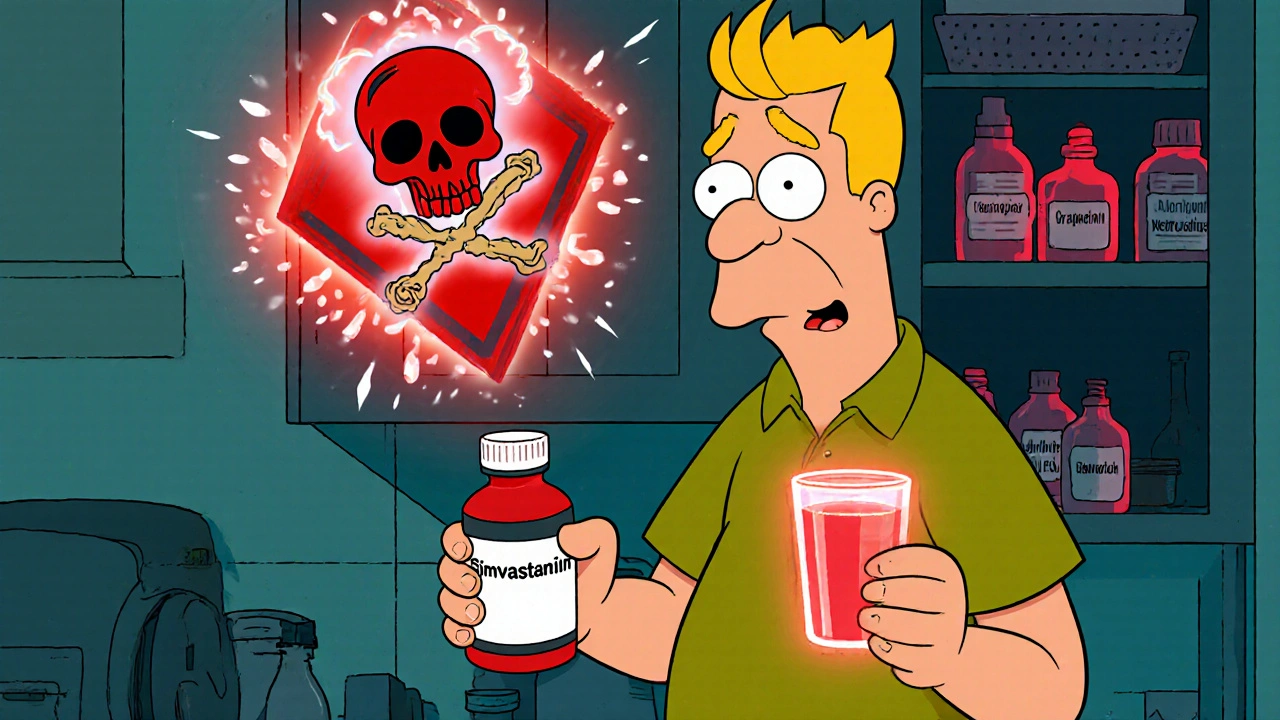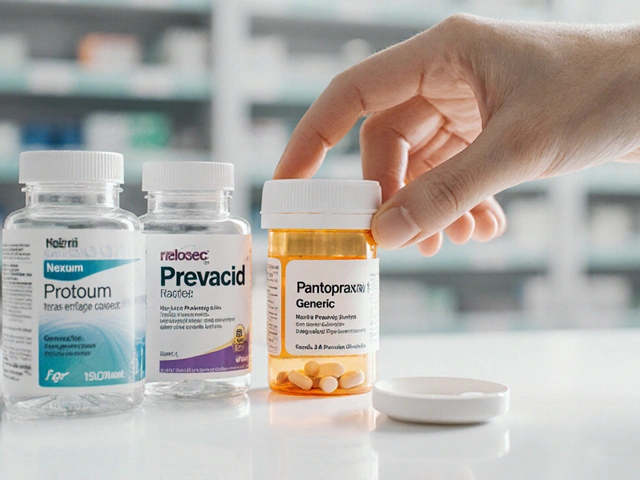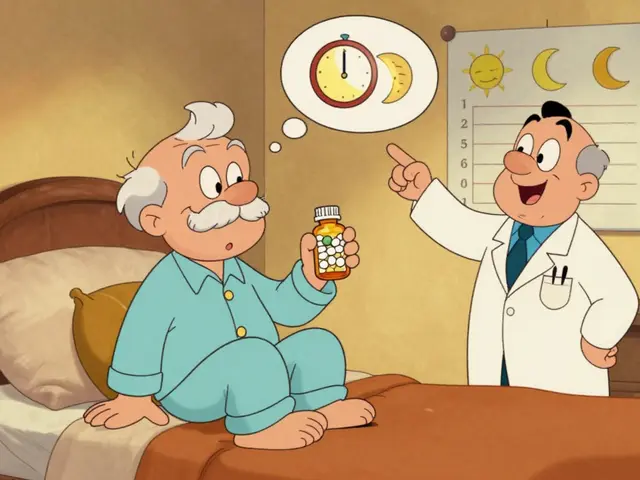Statin Drug Interactions: What You Need to Know About Risks and Safe Combinations
When you take a statin, a class of drugs used to lower LDL cholesterol and reduce heart disease risk. Also known as HMG-CoA reductase inhibitors, they work by blocking an enzyme your liver uses to make cholesterol. But statins don’t work in a vacuum. Many common medications, supplements, and even foods can interfere with how they’re processed—sometimes leading to serious side effects like muscle damage or liver stress. This isn’t theoretical. Real people on statins end up in the hospital every year because they didn’t know their blood pressure pill, antibiotic, or grapefruit juice was turning a safe dose into a dangerous one.
The biggest culprit? CYP3A4 inhibition, a liver enzyme pathway that breaks down many statins, including atorvastatin and simvastatin. If another drug blocks this enzyme—like certain antifungals, some antibiotics, or even grapefruit juice—the statin builds up in your blood. That’s when muscle pain turns into rhabdomyolysis, a rare but life-threatening condition. Other statins, like pravastatin and rosuvastatin, are less affected, but they still have their own risks. For example, combining statins with fibrates, another type of cholesterol drug often used together, raises your chance of kidney problems. And if you’re on blood thinners like warfarin, statins can make your INR levels swing unpredictably. Even common painkillers like ibuprofen can pile up the risk when mixed with statins over time, especially in older adults.
It’s not just about prescriptions. Supplements like red yeast rice, which naturally contains a statin-like compound, can double your dose without you realizing it. And if you’re taking niacin for cholesterol, you’re already stacking two cholesterol-lowering agents—this combo used to be common, but now doctors avoid it unless absolutely necessary. The bottom line? If you’re on a statin, you need to know every pill, powder, or potion you’re putting in your body. Your doctor won’t always ask about your herbal tea or your friend’s supplement recommendation. That’s on you.
Below, you’ll find real-world guides that break down exactly which drugs clash with statins, how to spot early warning signs of trouble, and what safer alternatives exist. No fluff. Just clear, practical info from people who’ve been there—whether it’s understanding why omeprazole might mess with clopidogrel (which you might also be on after a stent), or how to tell if your muscle aches are just aging or something more serious. This isn’t about scare tactics. It’s about control. You’re already managing your cholesterol. Now make sure nothing else is secretly sabotaging it.




